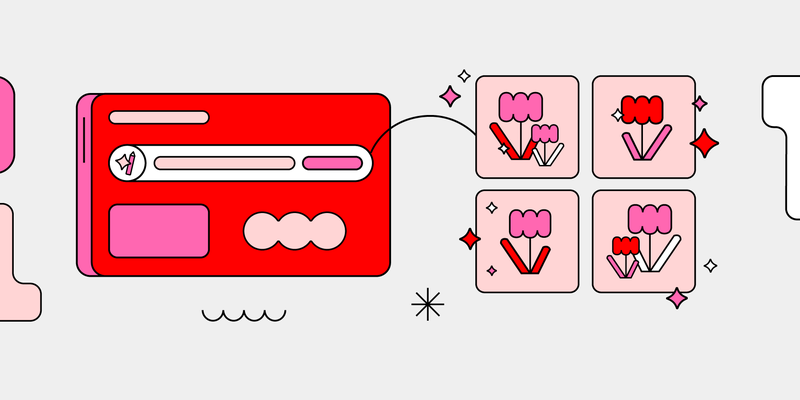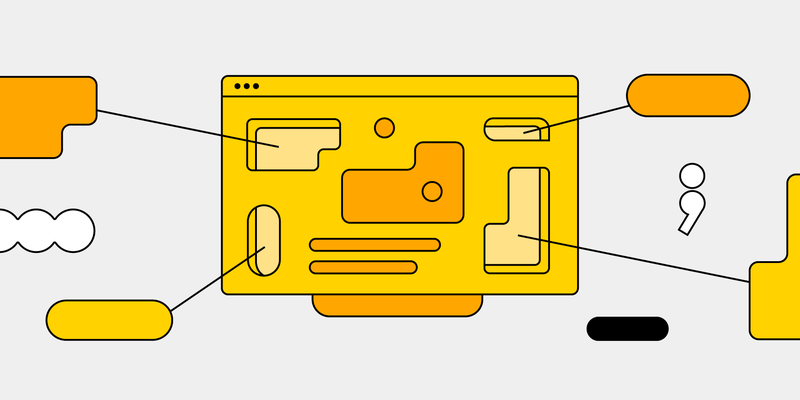432 results
JAN. 28, 2026 / Mobile
LiteRT, the evolution of TFLite, is now the universal framework for on-device AI. It delivers up to 1.4x faster GPU, new NPU support, and streamlined GenAI deployment for models like Gemma.

JAN. 28, 2026 / AI
New Gemini CLI hooks (v0.26.0+) let you tailor the agentic loop. Add context, enforce policies, and block secrets with custom scripts that run at predefined points in your workflow.

JAN. 16, 2026 / AI
FunctionGemma is a specialized AI model for function calling. This post explains why fine-tuning is key to resolving tool selection ambiguity (e.g., internal vs. Google search) and achieving ultra-specialization, transforming it into a strict, enterprise-compliant agent. A case study demonstrates the improved logic. It also introduces the "FunctionGemma Tuning Lab," a no-code demo on Hugging Face Spaces, which streamlines the entire fine-tuning process for developers.

JAN. 11, 2026 / AI
The Universal Commerce Protocol (UCP) is a new, open-source standard for agentic commerce, co-developed by Google and industry leaders. It establishes a common, secure language to connect consumer surfaces (like Gemini and AI Mode in Search) with business backends, enabling seamless shopping from product discovery to purchase. UCP simplifies integration for businesses, supports various payment providers, and is designed to power the next generation of conversational commerce experiences.

JAN. 5, 2026 / AI
A practical guide to debugging and profiling JAX on Cloud TPUs. It outlines core components (libtpu, JAX/jaxlib) and essential techniques. Tools covered include: Verbose Logging (via libtpu env vars), TPU Monitoring Library for performance metrics, tpu-info for real-time utilization, XLA HLO Dumps for compiler debugging, and the XProf suite for in-depth performance analysis.

DEC. 19, 2025 / AI
Gemini 3 is powering the next generation of reliable, production-ready AI agents. This post highlights 6 open-source framework collaborations (ADK, Agno, Browser Use, Eigent, Letta, mem0), demonstrating practical agentic workflows for tasks like deep search, multi-agent systems, browser and enterprise automation, and stateful agents with advanced memory. Clone the examples and start building today.

DEC. 17, 2025 / AI
Introducing the Agent Development Kit (ADK) for TypeScript, an open-source framework for building complex, multi-agent AI systems with a code-first approach. Developers can define agent logic in TypeScript, applying traditional software development best practices (version control, testing). ADK offers end-to-end type safety, modularity, and deployment-agnostic functionality, leveraging the familiar TypeScript/JavaScript ecosystem.

DEC. 17, 2025 / AI
Gemini 3 Flash is now available in Gemini CLI. It delivers Pro-grade coding performance with low latency and a lower cost, matching Gemini 3 Pro's SWE-bench Verified score of 76%. It significantly outperforms 2.5 Pro, improving auto-routing and agentic coding. It's ideal for high-frequency development tasks, handling complex code generation, large context windows (like processing 1,000 comment pull requests), and generating load-testing scripts quickly and reliably.

DEC. 17, 2025 / AI
Conductor is a new Gemini CLI extension that promotes context-driven development. It shifts project context from chat logs to persistent Markdown files for formal specs and plans, ensuring AI agents adhere to project goals, style, and tech stack. This structured workflow is great for "brownfield" projects and teams, allowing for safe iteration and consistent code contributions while keeping the human developer in control.

DEC. 16, 2025 / AI
Learn how to build modular and reliable agentic applications using 8 effective multi-agent design patterns with the Agent Development Kit (ADK).
